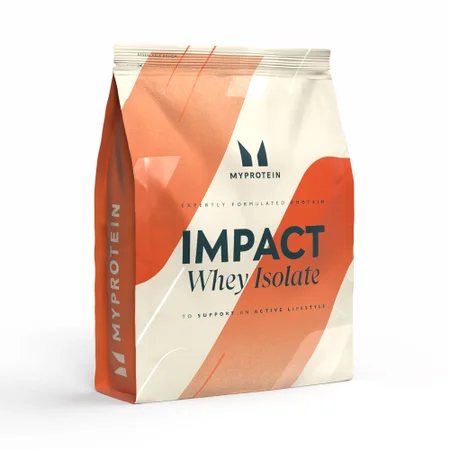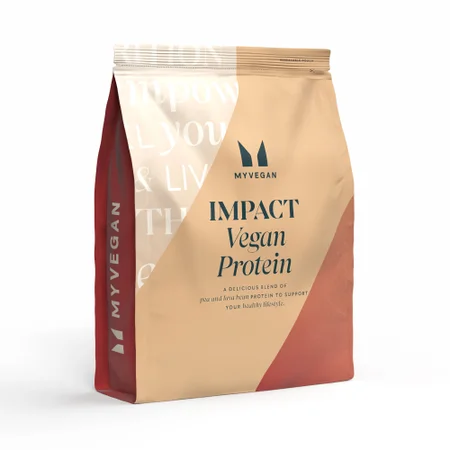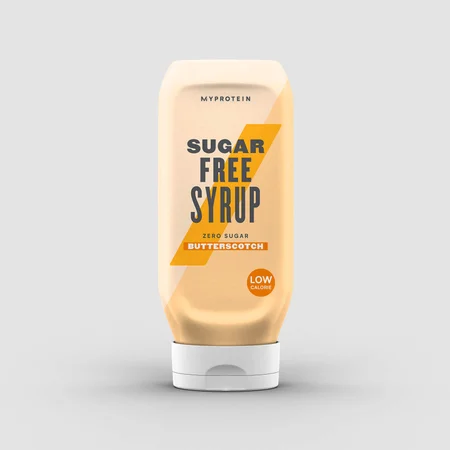 Dry January is a challenge where people taking part ditch alcohol for the first month of the new year. For some it's a time to psychologically and physiology ‘reset’ after a boozy festive season, for others it may be the first part of a resolution to start drinking less alcohol. Two years of intermittent lockdowns and restrictions has had an impact on people, and it’s possible an increase in isolation, stress and loneliness has resulted in many using alcohol to cope. Dry January is a good opportunity to start the new year with a clear head and develop a healthier relationship with alcohol.
Dry January is a challenge where people taking part ditch alcohol for the first month of the new year. For some it's a time to psychologically and physiology ‘reset’ after a boozy festive season, for others it may be the first part of a resolution to start drinking less alcohol. Two years of intermittent lockdowns and restrictions has had an impact on people, and it’s possible an increase in isolation, stress and loneliness has resulted in many using alcohol to cope. Dry January is a good opportunity to start the new year with a clear head and develop a healthier relationship with alcohol.
Benefits of Dry January
1. Overall health improvement
Your general health may improve and may you start to feel better. Drinking and binge drinking can have many negative side effects, such as impaired sleeping patterns, and it can also increase the risk of certain diseases. Abstaining from drinking alcohol for a month can only benefit you, even if you don’t choose to give up for good.An observational study published in the British Medical Journal (2018) tracked moderate to heavy drinkers who abstained from alcohol for a month, and found health improvements.
2. Improving your relationship with alcohol
If you're worried about your relationship with alcohol and feel lethargic due to excessive drinking, Dry January could be a helpful opportunity to reassess how you're feeling on a psychological, physical and social level. 3. Improved sleep and commitment to exercise
Heading to bed at a reasonable hour and not staying up late drinking can lead to more (and better) sleep This has the added benefit of feeling groggy less, which can lead to more adherence to your exercise routine, giving you the endorphin hit.
4. Stronger immune system
Being intoxicated can acutely suppress immune function — making you more vulnerable to pathogens — and chronic drinking can lead to inflammatory reactions throughout the body. Even a one-off night of heavy drinking can impede your body’s ability to fight off infections for up to 24 hours.
5. Fewer calories
If you're having several drinks a week, another benefit of Dry January could be a decrease in your overall calorie intake. A standard alcoholic drink typically contains around 150-200 calories, but it doesn't make us feel more satisfied as it doesn’t contain any micronutrients. These are known as ‘empty calories’. Alcohol also makes the body thinks it’s hungrier than it actually is by upregulating hunger hormones and down-regulating satiety signalling.
6. Improved decision making
Alcohol’s ability to impair judgment may lead you to make impulsive food choices that sound great at the time. It’s probably fair to say we’ve all been tempted by a McDonald’s on the way home after a night out. And it’s often not just a portion for one, but three! It’s easy to consume more than we need after a few drinks, but this can contribute to feeling low the day after.
7. Improved thinking patterns
Alcohol interferes with the brain’s communication pathways, and can affect the way the brain works. These disruptions can change mood and behaviour and make it harder to think clearly, and taking a break from alcohol could lead to improved memory and cognition.
6 Tips to Make Dry January a Success
1. ‘Out of sight, out of mind’
When trying to break a habit , removing things from view can help reduce environmental triggers of sight and make life a little bit easier. So take the beers out of the fridge and put the wine at the back of the cupboard to reduce temptation. Sorted.
2. Ensure balanced meals throughout the day
Opt for a combination of high-fibre carbohydrates and protein. Regulation of blood sugar levels is key throughout the day, as you’re more likely to crave alcohol when blood sugar levels are low. Snacks to have include yoghurt and fruit, a handful of nuts with a glass of milk, or a slice of toast with an egg on it.
3. Get experimental with mocktail recipes
There are so many delicious mocktail recipes out there that can hit the spot if you’re having any cravings.
4. Explore non-alcohol related coping strategies
If alcohol is used as a coping method, completely removing alcohol when you are unable to cope could result in you feeling low, hopeless and isolated. When you’re feeling bored or low, consider non-alcohol related coping strategies such as keeping a journal, drawing, having a hot shower, getting some fresh air or listening to music.
5. Get an accountability partner
Research shows that having someone to hold you accountable is a great way to ensure you stick to your goals and don’t ‘give in’ to urges.
6. Mix up your routine
If you have a drink to destress every day after work, why not consider stopping at the gym on the way home instead? This simple change in routine can do wonders to help you resist any urges and change your habits for the better!
Take home message
As far as we’re concerned, there are few downsides to in taking part in Dry January. Even if you stop drinking for only a month, it may deliver long-term health benefits by acting as a springboard for you to rethink your overall relationship with alcohol. And if the month goes well and you choose to cut down significantly or stop drinking for good, then that’s a success too. It’s all about how you feel — in your head and your body — and what you want to do. Cheers!Want more advice from Myprotein? Check out our website HERE!READ THESE NEXT:
Our articles should be used for informational and educational purposes only and are not intended to be taken as medical advice. If you're concerned, consult a health professional before taking dietary supplements or introducing any major changes to your diet. 













